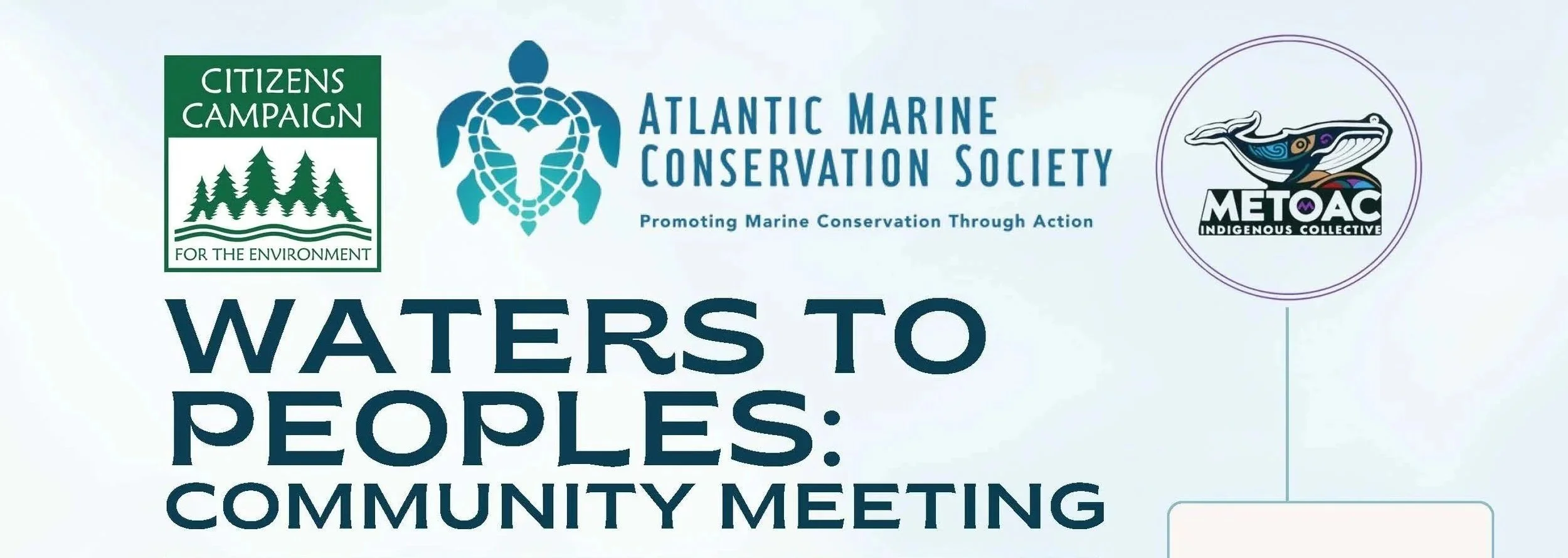SOURCE:
http://fireisland-news.com/bee-warriors/
The first sentence in the introduction of a report by the Center for Biological Diversity, February 2017, “Pollinators in Peril: A systematic status review of North American and Hawaiian native bees,” by Kelsey Kopec and Lori Ann Burd, reads, “Bees are in trouble.” While of course most of us know this fact already, it remains both sad and scary to read.
The logo “Save the Bees” has been plastered all over the place for years now, and with good reason. A genuine sense of concern for their demise is ever present. But besides buying T-shirts and bracelets (of course for a good cause they help!) with cute yellow and black cartoon caricatures drawn on them I had to think, “What more can we do to help?” And, “Just how bad is the problem in our area of the world?”
According to the New York Bee Sanctuary, “Honey bees, wild bees, and other pollinators face a nexus of severe threats: Habitat loss and degradation, toxic insecticides, pests and pathogens, climate change, and the monoculture crop system have all been identified as factors in their decline.”
Standing on the frontlines dedicated to helping precious Anthophila (bees), is Guillaume Gauthereau, founder and executive director of New York Bee Sanctuary. When I asked Gauthereau what we can do to help, his quick reply will stop many people (especially landscapers) in their tracks, “Stop cutting your lawns,” he urges. “Everytime you cut a lawn, these working insects basically see them as dead.”
Gauthereau suggests the alternative of letting things grow wild. “Wild prairies are what bees and other pollinating insects need to do their job.”
While some folks may find the above action drastic, and never consent to getting rid of their lush green grass that has become a staple in their lives, there are of course other ways to help bees flourish. Setting up gardens with native Long Island flowers on at least parts of individual properties can surely help. These can in fact become part of the BEEsafe certified sanctuary program with the New York Bee Sanctuary. Simply head to their site to find out if your garden or space matches their criteria and register. All are welcome to apply.
Another proponent of bees is Adrienne Esposito, executive director of Citizens Campaign Organization, who shares that, “Suffolk County is the second largest agricultural county in New York State, and relies on healthy ecosystems to sustain the viability and success of this industry.”
She continues, “The role of the bee is so incredibly intricate and valuable; yet so hidden.”
Esposito made it clear that besides crippling our food sources on Long Island, more things on Long Island that help keep us afloat financially would diminish without bees. Things such as our “massive horticultural industry and places such as wineries would suffer as well.” she said.
Esposito explained that we have to admit the dangers of pesticides when even global industries such as “Scott’s has agreed to phase out the use of neonicotinoids, which are the classification of pesticides that are associated with the die-off of several bee species including honey bees.”
Do we have a long way to go in the battle against getting rid of pesticides? Esposito says, “Yes! Pesticides are designed to kill insects and weeds. They have numerous unintended consequences and the dramatic decline in bee populations is one of those devastating consequences. We must change our reliance on these toxic chemicals. Our future depends on it.”
One thing I noticed while reading through the Center of Biodiversity’s review was that it eventually shifts from devastating numbers of decline to education on the different bees that exist. So how important is educating everyone on bees and their crucial role in our survival? Esposito and Gauthereau both agree that it could be a key component in helping pollinators survive and thrive.
It’s amazing how much work these heroes of bees are doing in order to save the lives of bees. But they are missing a big piece of support. When I mentioned the federal government’s recent decision for the Department of Agriculture’s National Agricultural Statistics Service (NASS) to no longer collect data on honey bees, Esposito remarked, “The only one who seems to not understand this crisis is the federal government.”
The report ends with, “We need to take aggressive steps to better understand and protect our precious bee species before it is too late.” While some things seem to be in the wrong direction, there are many people giving it their all to save them.


